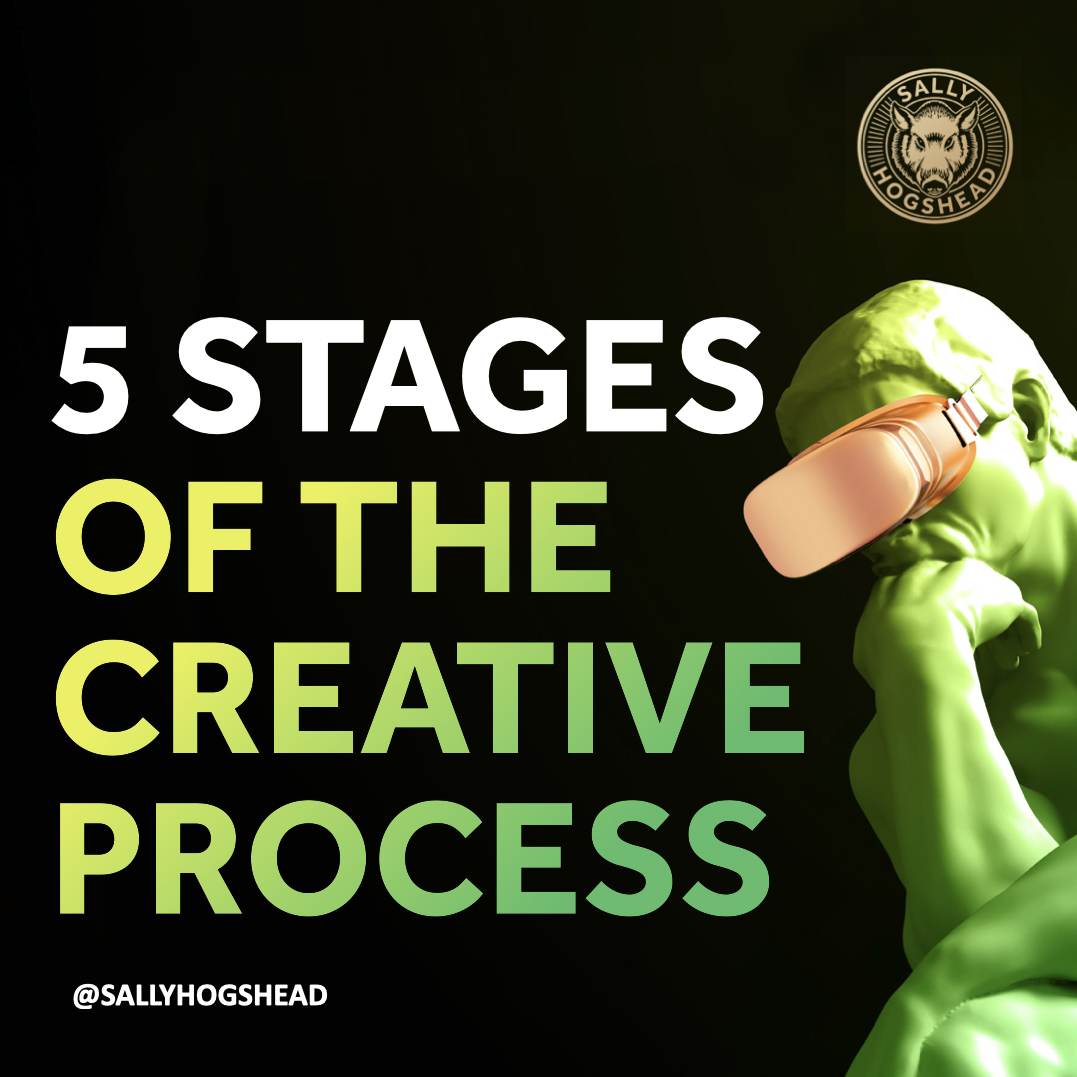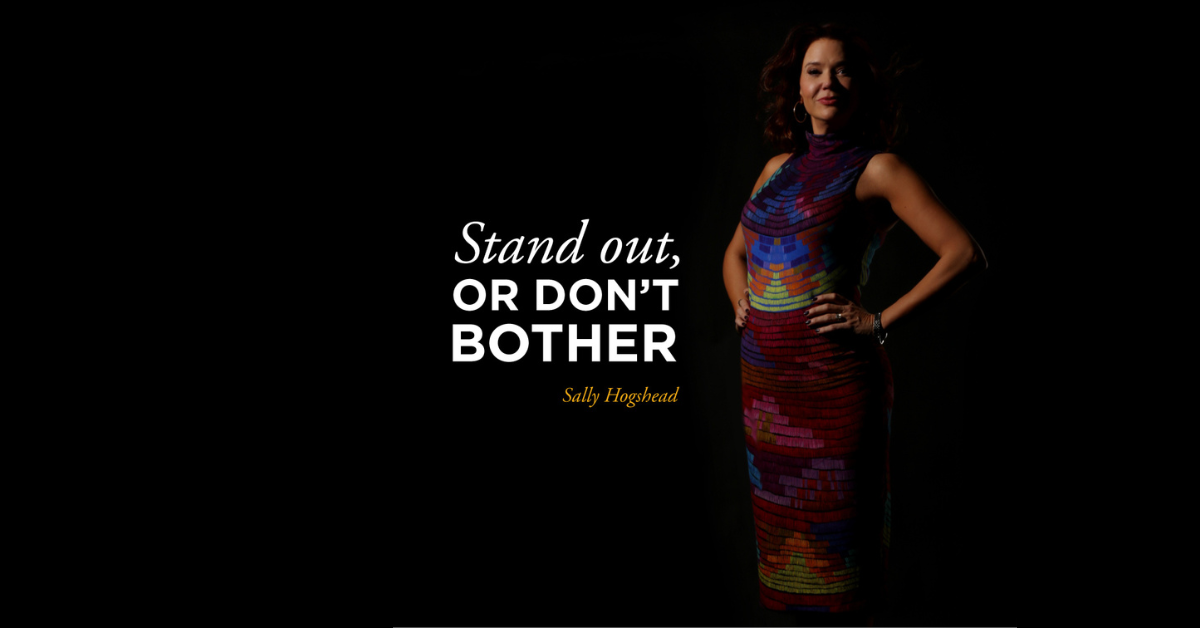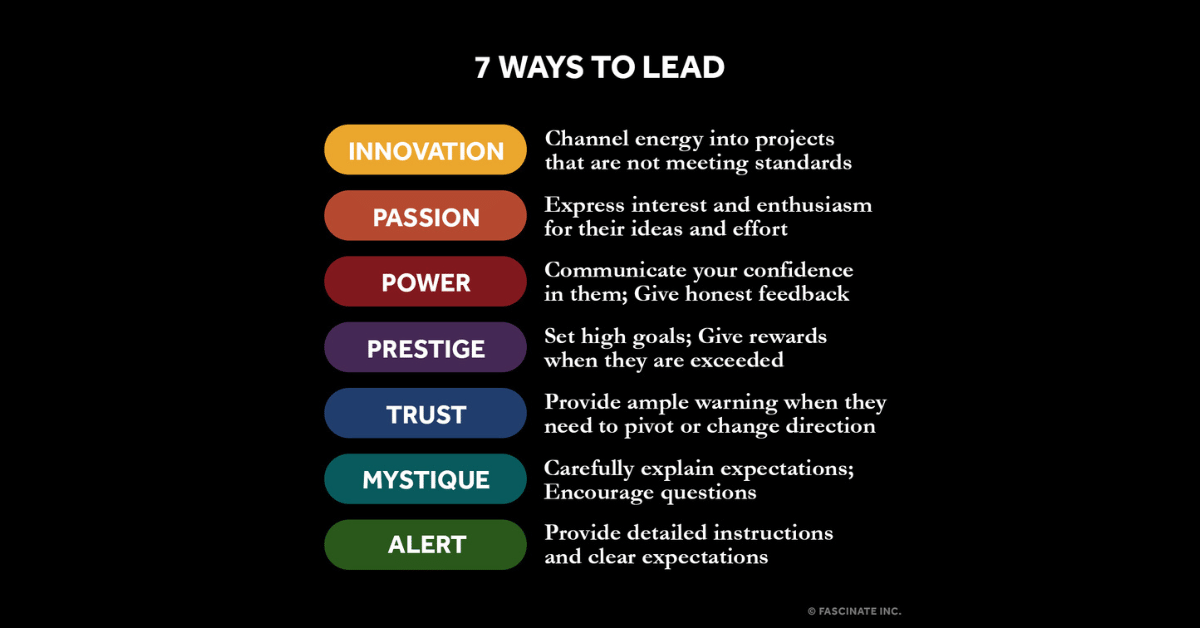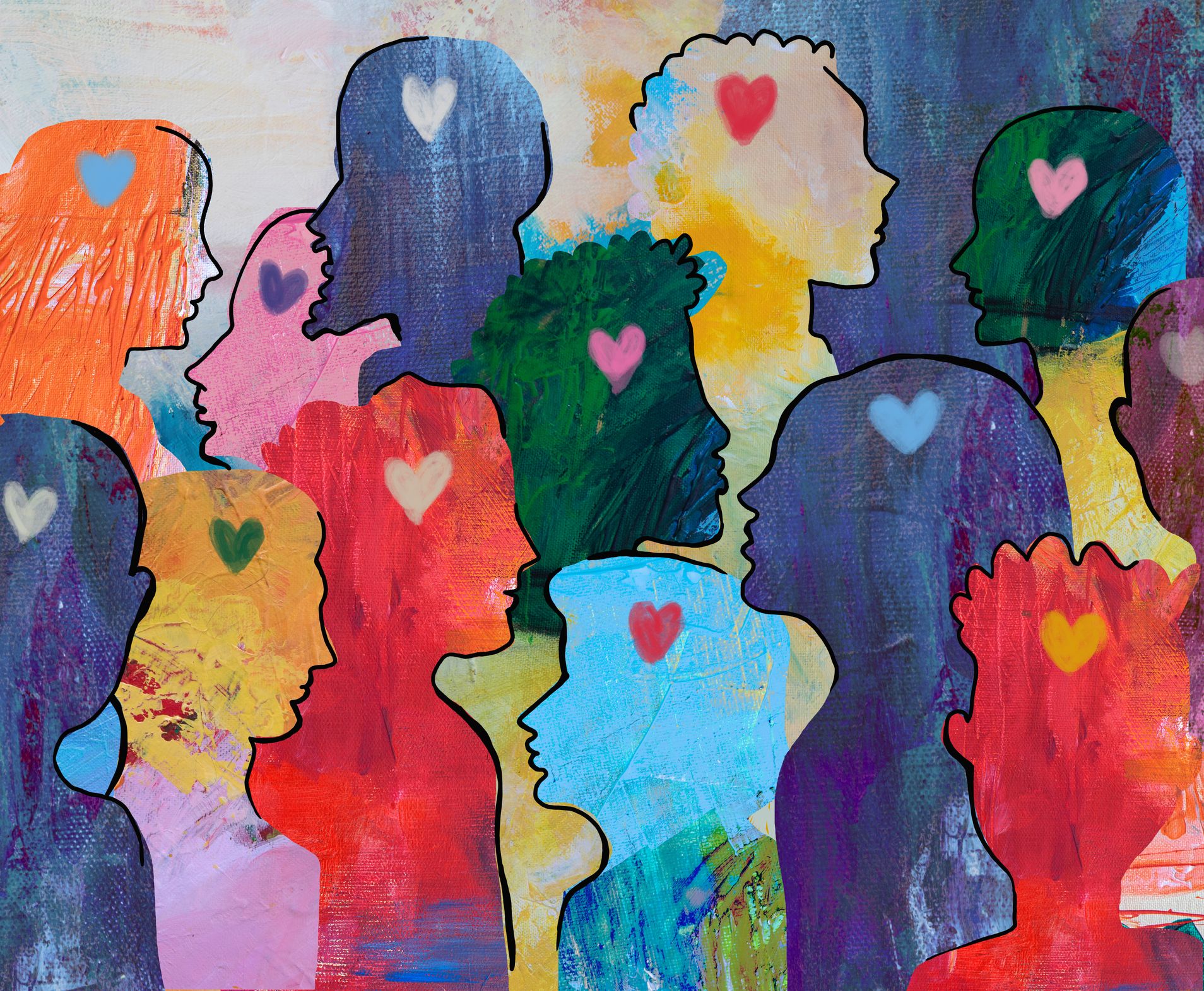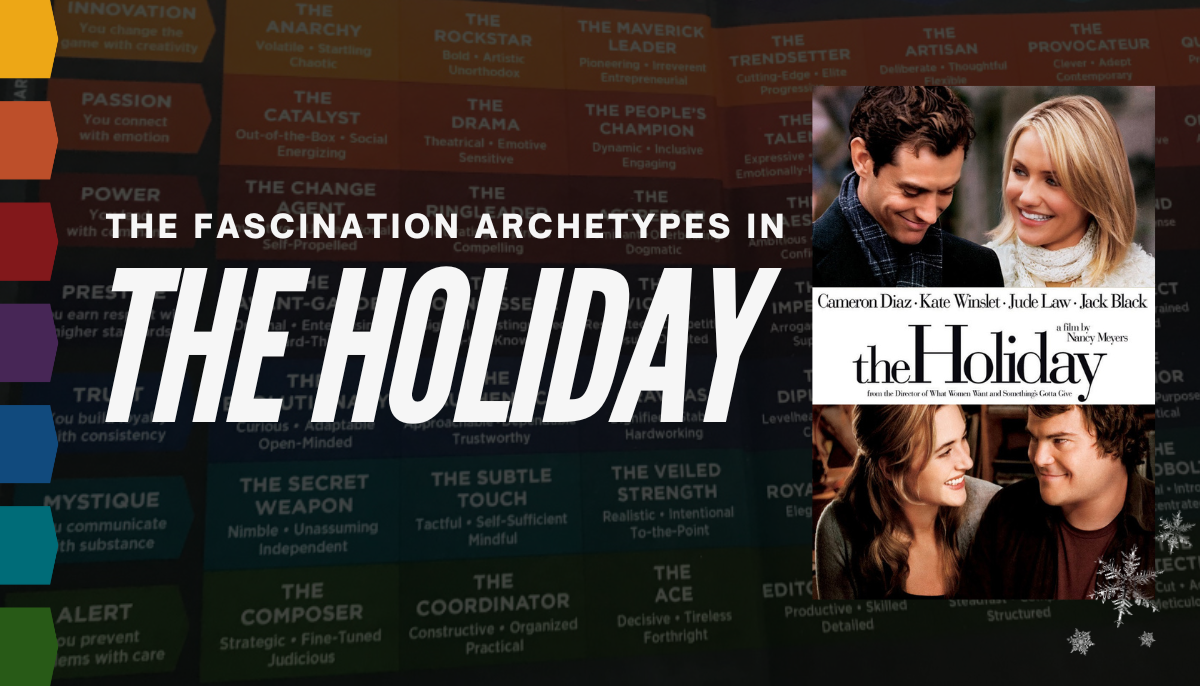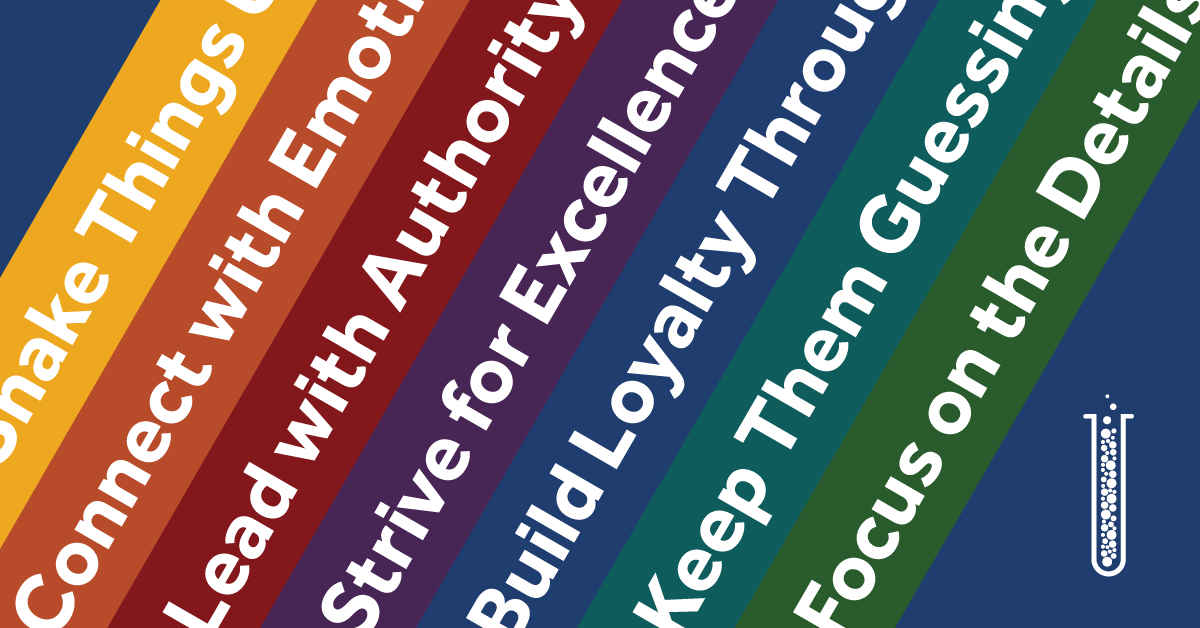I love the creative process. Yet I hate it, too.
Creativity is almost always a love/hate/love relationship.
Creativity is a glorious, and frustrating, and absurdly difficult but infinitely rewarding process of transforming a boring idea into a fascinating one.
Why is it so glorious, yet so frustrating?
In my experience, every creative process has 5 emotional stages.
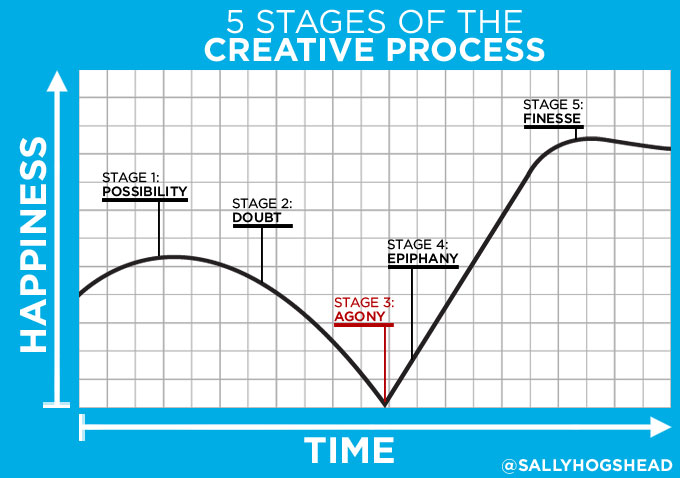
From the start of a project all the way through execution, you’ll probably hit all 5 stages along the way. I’ll show you why there’s one stage that’s more critical— and more brutally frustrating— than all the other stages put together.
Here’s how to diagnose which of the 5 stages you’re in
Stage 1: Possibility
You’re coming up with all the easy stuff. You might have some interesting starter ideas, but really, you probably have nothing. It feels like fun, free-range exploration. You’re probably saying to yourself, “Here’s a cool idea. Here’s another one. And another. Man, I’m pretty good.”
Stage 2: Doubt
As you begin to look at your ideas more closely, you realize, um… they’re actually not that great. Doubt sets in and uncertainty set in. You might become defensive, and start questioning the process, and yourself.
Stage 3: Agony
The most grueling of all steps in the creative process, this stage is a red-blooded struggle. Nothing seems to work. Your co-workers get stressed by the perceived lack of progress. You worry that you’ll be exposed as a hack. Ughhh. Suddenly, the whole project seriously sucks.
Stage 4: Epiphany
You’ve done it! You’ve just invented a big, new idea. With a burst of energy and relief, your breakthrough has happened.
Stage 5: Finesse
Now you’re crafting the raw idea to be more strategic and purposeful. Your skill and training really begins to shine through, as you hone and refine your concept into the best possible execution. Now you gain momentum with focused, purposeful engagement. The goal is in sight.Here’s what to teach your clients about the creative process:
Before the process begins, tell your team (including your partners and boss):
“I realize we have a limited timeline, and that we need to craft our solution ASAP. But if we truly want the best result, we can’t shortcut the process so drastically that we end up presenting and producing a lame idea. Lame ideas are expensive. They cost as much to execute as a brilliant idea, yet generally get pretty mediocre results.”
Then, before the creative process begins, build in enough space to embrace the struggle of the Agony— time to get past the quick and easy ideas, and actually bring your clients something that will be persuasive and memorable enough to deliver the results that everyone needs achieve on this project.
What helps YOU be your most creative? Any tips you can share with the rest of us?
Leave a comment, below!
